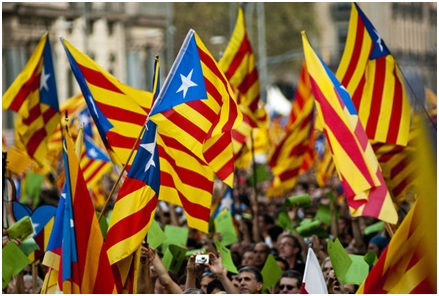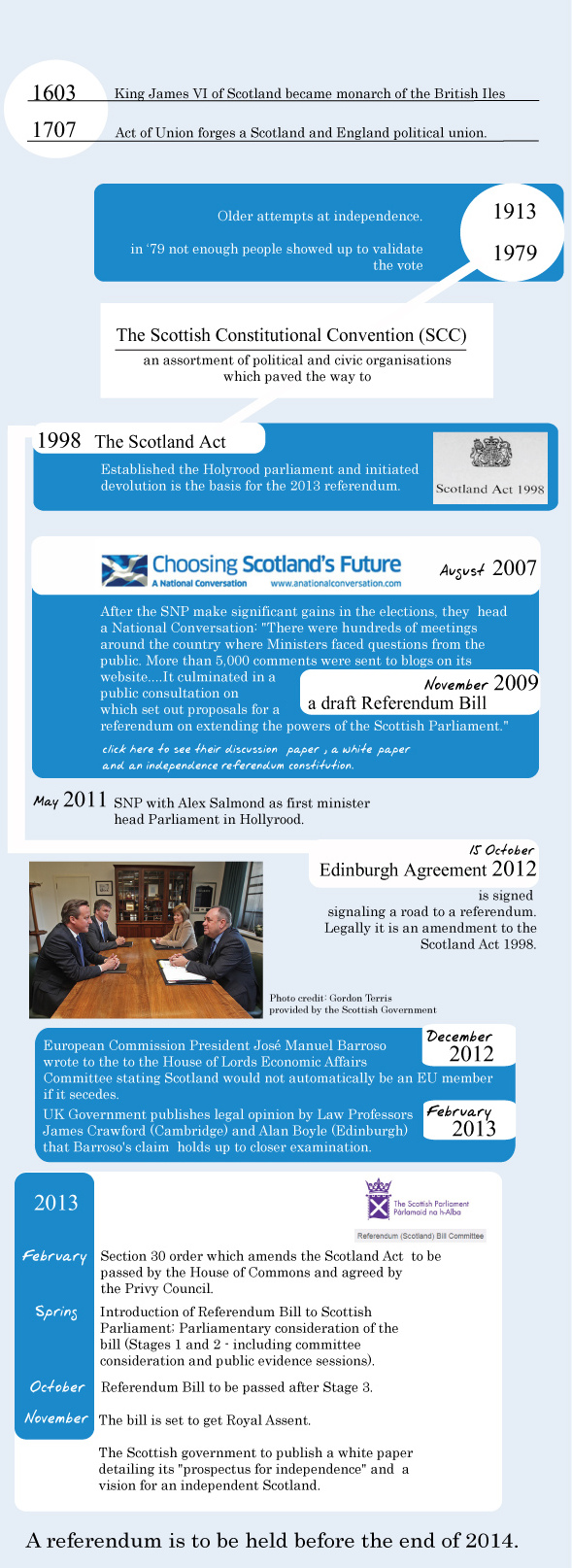 Read on for Article Spotlights from the SEN Archives focusing on recent SEN News Bites. Here, we focus on the significance of political and constitutional processes to nationalism, national identity, and responding to ethnic conflict (and its causes, such as deficit of political representation), potential or actual.
Read on for Article Spotlights from the SEN Archives focusing on recent SEN News Bites. Here, we focus on the significance of political and constitutional processes to nationalism, national identity, and responding to ethnic conflict (and its causes, such as deficit of political representation), potential or actual.
Mara Malagodi’s essay address this area focusing on Nepal, and more specifically debates surrounding constitutional change there since the ‘demise’ of the 1990 Constitution as of 2007.
Mara Malagodi, Forging the Nepali Nation through Law: A Reflection on the Use of Western Legal Tools in a Himalayan Kingdom, Volume 8, Issue 3, 2008, pp. 433-452.
The present article endeavours to analyse the use and scope of Western positivistic legal tools in the creation of the Nepali nation. It suggests a two-level analysis. First, a historical analysis of Nepal’s political and legal developments is presented to investigate the rationale of using law as a social engineering and homogenising tool promoting an identifiably Nepali national identity. Second, the article focuses on the current debates concerning constitutional change in Nepal. The debates about the demise of the 1990 Constitution in 2007, and the election of a Constituent Assembly need to be investigated in the light of the growing politicisation of ethnicity in the country. The overarching demand for inclusion stems from the discontent of Nepal’s ethno-linguistic, religious, and regional minorities with their historical subordination. Ultimately, the article aims to demonstrate that the Nepali experience is situated somewhere between the civic and ethnic models of nationalism Kohn enunciated.
Michel Dormal’s piece considers the role of ‘representative relations as the site of a negotiation of collective identity’, in the context of Luxembourg.
Michel Dormal, Political Representation and Imagined Community: The Case of Luxembourg, Volume 12, Issue 3, 2012, pp. 498-516.
Discussions of nation-building often focus on political elites, who are considered the makers of new communities. This article seeks to sketch out a different approach. It suggests thinking of representative relations as the site of a negotiation of collective identity. Drawing on recent discussions in political theory, the first part of the article discusses conceptual implications of this assumption, arguing that representation should be analysed in terms of its symbolic structure. The second part offers a historical case study of the Grand-Duchy of Luxembourg. It explores how processes of political democratisation and imagination of national community were deeply interconnected in the period from 1890 to 1939. The article illustrates how the representative politisation of social conflict may trigger nation-building.
Didier Ruedin’s article considers the relationship between ethnic and group representation in different national parliaments.
Didier Ruedin, The Relationship between Levels of Gender and Ethnic Group Representation, Volume 10, Issue 1, 2010, pp. 92-106.
This article examines the relationship between levels of gender representation and levels of ethnic group representation in national parliaments. Taagepera (1994) and Lijphart (1999) predicted that because of shared mechanisms and covariates levels of representation in the two forms should be positively correlated. Whilst this paper can identify a number of shared covariates, there is no evidence of an association between levels of gender and ethnic group representation. The lack of negative association suggests that increasing levels of representation in one form does not necessarily come at the cost of the other. Instead it appears that the salience and politicisation of divisions – approximated by the make-up of society – may shape the relationship between levels of gender and ethnic group representation: representation scores tend to be higher in the forms of representation that are thought to be more salient.
Article Spotlights compiled by Dr Shane Nagle.


